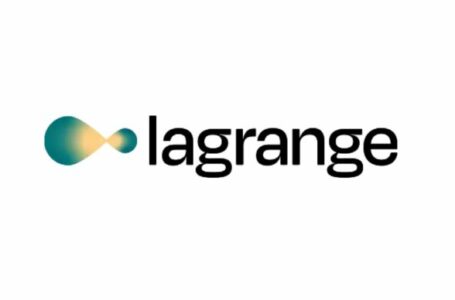OKX has listed Notcoin, a token linked to the Open
Blast Network, an Ethereum Layer 2 network has introduced Blast
Arch, a Bitcoin-native program, secured a $7 million seed round

DEEPX has secured $80 million in Series C funding, totaling $95 million, to mass-produce its

OKX has listed Notcoin, a token linked to the Open Network (TON) ecosystem, with deposits

Blast Network, an Ethereum Layer 2 network has introduced Blast Gold Points Distribution 3, distributing

Arch, a Bitcoin-native program, secured a $7 million seed round sponsored by Multicoin Capital, with

TON will soon offer the Open Network (TON) community token, Notcoin (NOT), for trading on

Binance's Web3 Wallet and UXLINK, a Web3 social platform, have partnered to launch an incentive

Espresso Systems and Polygon Labs are teaming up to develop AggLayer, a solution aimed at

Lagrange, accelerates Ethereum transactions using EigenLayer encryption and zero-knowledge proofs with a $13.2 million investment.